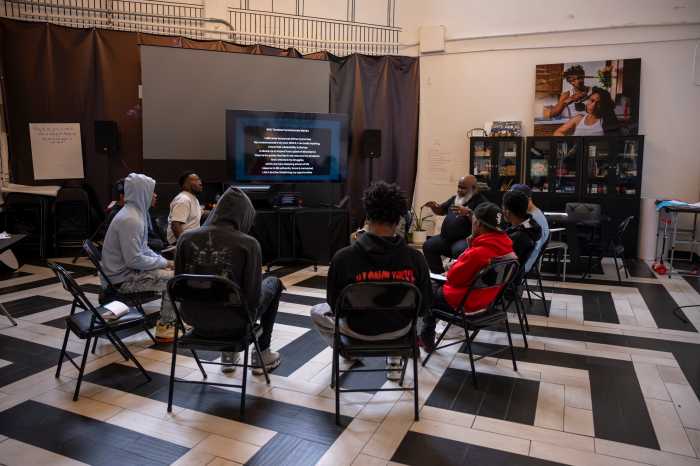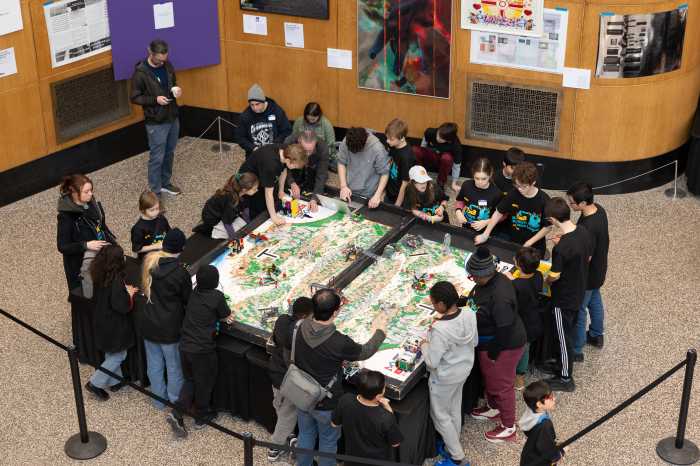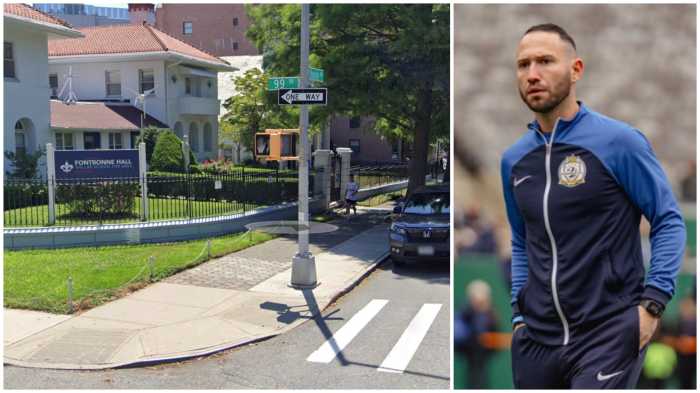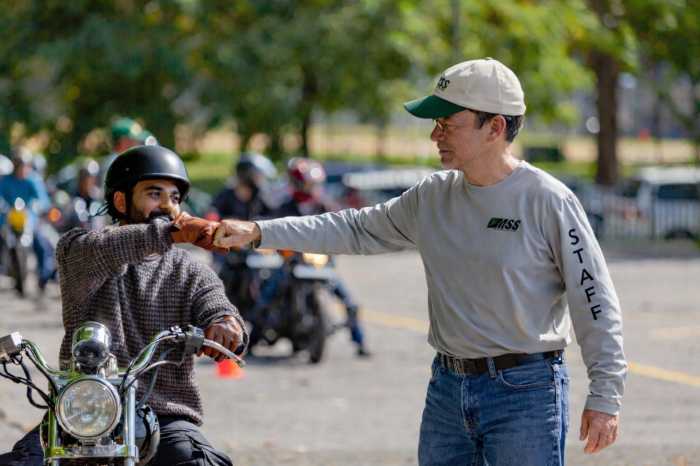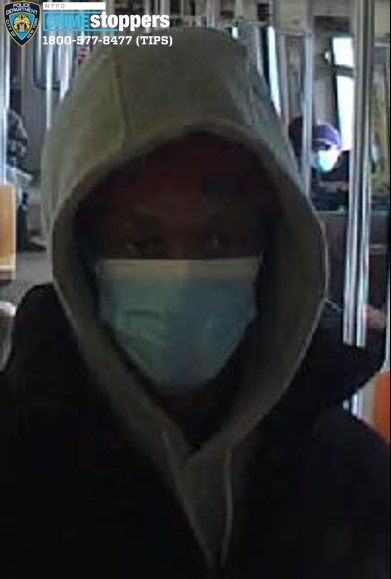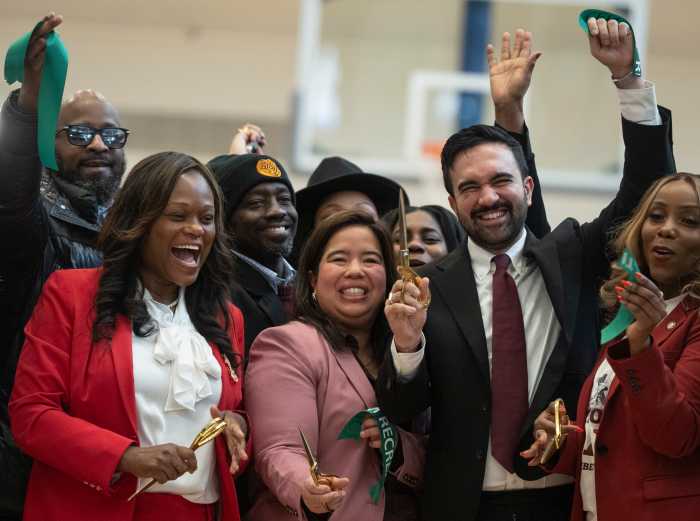Sometimes I lose my sense of humor, like when my younger son, Oscar looked at me straight in the face at temple last week with a big gap-toothed grin and said, “My life sucks.”
“Really?” I said, heart sinking into my sandals, “Why is that?”
He put it bluntly, no room for interpretation, “I have bad parents…” he said, staring at me before rising and, with a harrumph and a swing of his moppy-haired head, telling me, “I’m going to sit with Daddy.”
After catching my breath, I, too, rose in the middle of the Day of Atonement Family Service and went to the back pew where my husband had sat with my older son, catering to his wishes, happy to keep the two restless boys apart.
“Let’s go,” I said. Everyone was only too happy to comply.
Outside, I parted company with them, ostensibly to pick up things for that night’s break fast festivities at my house but, really, to break down and cry.
It kept ringing in my ears as I walked, “Bad parent, bad parent, bad parent.” Maybe I should have laughed it off. It occurred to me at that moment that, if nothing else, I was certainly unfit to write a parenting column.
“He didn’t mean it,” everyone I’ve talked to since has said. Whether he did or didn’t, it presents a true parenting conundrum: do I want to be the kind of parent whom a kid can look straight in the face and call a bad parent, whether the kid feels it for the moment or for the ages? Do I relish that kind of openness? Wouldn’t I rather have made him deathly afraid to say such a thing to me for fear of dire consequences?
My immediate resolve as solution to the dilemma was to find full-time employ. My own mother has often said with a sigh of resignation over the unfairness of life that kids always seem to better appreciate parents who give less — not more — of their time. It’s the “always keep them wanting” approach that can be applied, I suppose, to parenting as well as dating. Maybe that’s true.
Certainly, my children have grown to expect, even to take for granted, my presence at pick-up or as chaperone on school trips in the three years I have been self-employed and far more flexible.
But I needed to deal with this head-on, not just slink back to an office to avoid dealing with not knowing how to deal with my kids, with not having any clue if little Oscar was dead on, if in fact I was the world’s baddest-of-bad parents.
Expletive, expletive, expletive.
I couldn’t run away. The few more hours spent away from my kids couldn’t save me, or them.
When I got home, tear-stained cheeks a sure-fire sign Mommy wasn’t happy, Oscar looked up at me sheepishly from the couch. “Sorry…” he said.
I didn’t let him off the hook so easily. I do not relish filling my kids with guilt generally, but this was a prime occasion to force a little reckoning.
“I very much hope that in this and all future relationships you do not take any pleasure in saying mean things to people you care about when you know it will hurt them,” I said. I failed to add, “even if they’re true …”
He looked sad, but I’m not sure it was over anything but being denied computer privileges as a result of his rudeness. But it needed to be said.
I don’t know exactly what it means, when kids tell us they hate us, or that we’re bad parents. But, in my stronger, less fearful moments I have always surmised that it is a good thing; if they are telling us things, it means that they are not afraid that there will be ramifications — that we won’t love them anymore — when they’re honest with us.
I tell my kids a thousand times a day that I love them. I make them play little games constantly where they guess what I’m going to say, and, brilliant as they are, they always guess right (it’s the same every time): “I know, I know, ‘I love you,’ ” they’ll say, bothered but often smiling. It is nice to feel loved. Or so I hear.
I have to remember, when on the receiving end of their hatred, that it is natural to loathe the one to which you are beholden, to struggle against the powers that be, to wrest what little control you have from the one that usually operates the controls. Such feelings well up in Oscar, so to say such things shows great promise for where he will go in life, for his freedom of thought and independence. But what of me? What of my feelings?
In the days since, I have made it a point to not be angry, passive-aggressively or outright. Forgiving, if not forgetting, is something I strongly try to uphold in all my relationships. I have tried, instead, to relish my role as oft-loathed leader, to make my peace with sometimes being maligned, and to move on, bloody and only slightly bowed.
I have to stay strong. From what I hear, it will only get worse.



